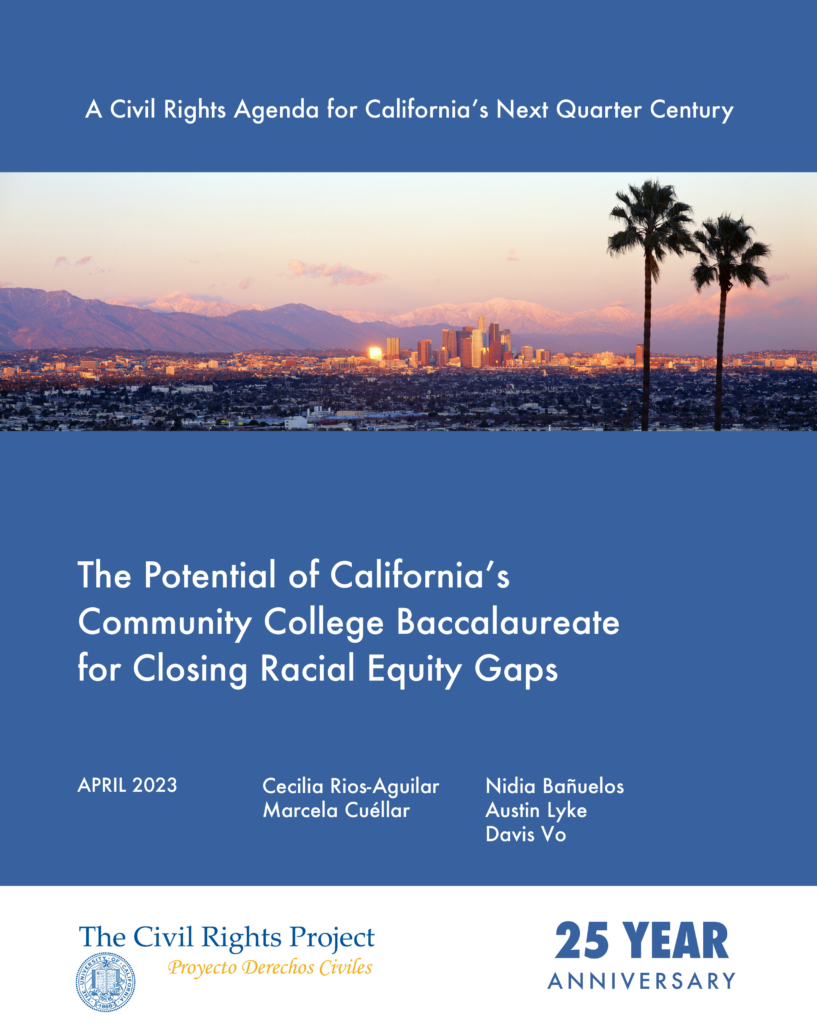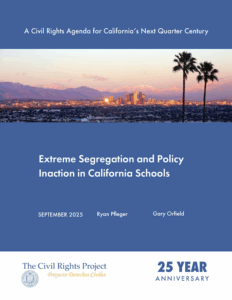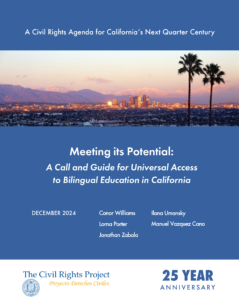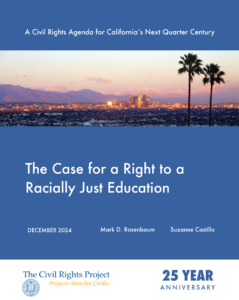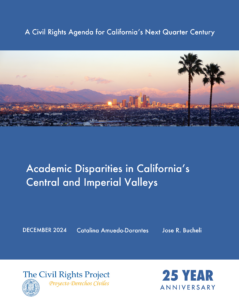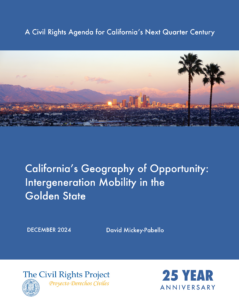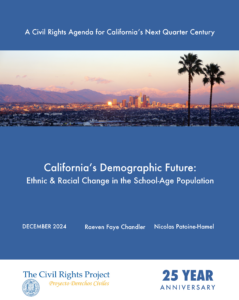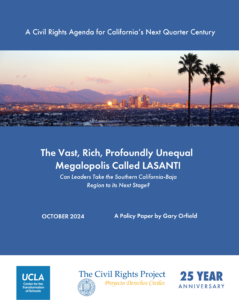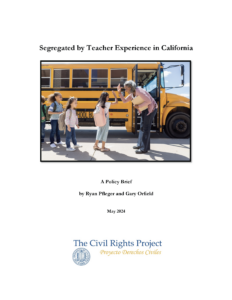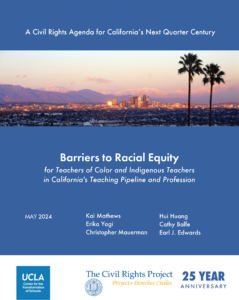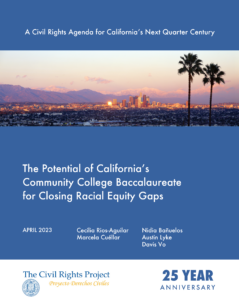Summary
The bachelor’s degree remains a fundamental path to economic opportunity in the United States. Critical for policymakers, then, is ensuring equitable access to such benefits–a task often constrained by long-standing structural barriers. One of the most obvious structural impediments for bachelor’s degree-aspirants in California (CA) is the current version of the CA Master Plan for Higher Education. With a robust public higher education system that is continually forced to adapt to demographic shifts and evolving labor markets, California is an especially important region for exploring the future of postsecondary education and economic growth. This report describes what we currently know about the California Community College Baccalaureate (CCB) program that was launched in 2017 and expanded in 2021. The program shows promising outcomes and that state education leaders can leverage existing components of the state’s education ecosystem to meet the economic and social demands of 40 million diverse Californians and to close existing racial equity gaps.
This report was published as part of a new research series, “A Civil Rights Agenda for California’s Next Quarter Century,” in commemoration of the Civil Rights Project’s 25th anniversary.
In compliance with the UC Open Access Policy, this report has been made available on eScholarship: escholarship.org/uc/item/1pj8d53p
